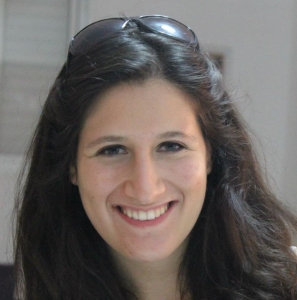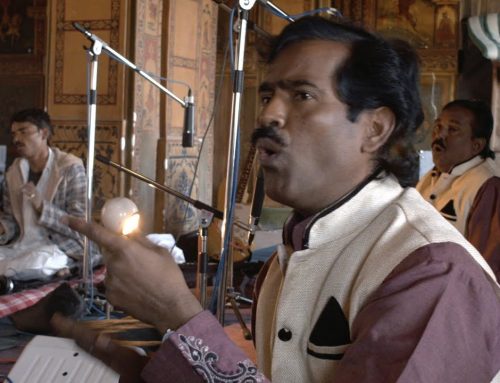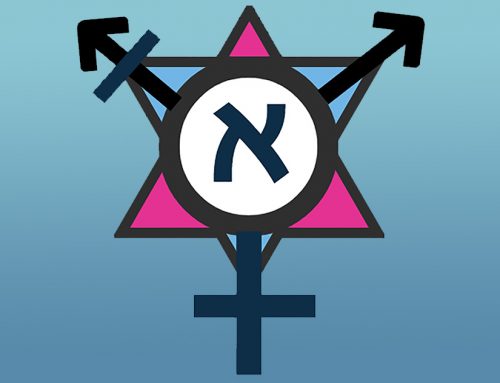
Twenty-four contestants, five judges, one winner. Sound familiar?
Kohav Nolad
Consider, for example, Nikia Brown. In Season 8, this 34-year-old convert to Judaism barely knew a word of Hebrew before coming to the show. When she discovered that she would have to sing in Hebrew every week, she struggled to overcome the language barrier and was told by judges that she would have to “lose the terrible accent.” Or take Elchai Refoua, who came from an ultra-Orthodox yeshiva, B’nei Akiva, and landed in an entirely different world: Kohav Nolad. Or think about the rumors going around that runner-up Marina Maximilian-Blumin lost the crown of the fifth season because she had not served in the army. Apparently “draft dodgers” were not what the audience wanted to nominate. The drama is evident; the Israeli culture that it shows, riveting.
So let’s take a look at the singing itself. A song that is a personal favorite of mine is Marina Maximillian-Blumin’s rendition of Ehud Banai’s “Canaan Blues,” which was written by Banai in memory of Meir Ariel and, as he states on his official website, suggests “the rapture of joining the timeless continuum of Jewish life.” It is a song of sorrow and of longing. It talks of the transitions that Judaism has gone through over the ages, especially the challenges that are faced with keeping Shabbat in this modern age; “this is an electronic world,” the song states, showing that the antagonist is electronics in our current society. This song is a classic that the audience loves and that identifies struggles the audience members relate to in their everyday lives.
Unfortunately, Kohav Nolad reached its conclusion in its 10th season in 2012, but the series’ spin-off Kohav Haba [The Next Star] is available for you to watch. So tune in and learn about Israeli culture – the voice competition will provide much more than an hour of entertainment or good background music, it will show you Israel, too.
Here’s Mariana Maximillian-Blumin singing Ehud Banai’s “Canaan Blues”:
https://www.youtube.com/watch?v=IP3PkxsXBNU
 Alisa Minkina is a graduating senior at the University of Washington double majoring in International Studies with a focus on the Middle East and Near Eastern Languages and Civilization. Last year, she spent a year studying at the Hebrew University of Jerusalem in Israel and she enjoys learning languages, especially Hebrew. She also served as co-coordinator of the Jewish Studies Student Committee.
Alisa Minkina is a graduating senior at the University of Washington double majoring in International Studies with a focus on the Middle East and Near Eastern Languages and Civilization. Last year, she spent a year studying at the Hebrew University of Jerusalem in Israel and she enjoys learning languages, especially Hebrew. She also served as co-coordinator of the Jewish Studies Student Committee.
Curious about Fall 2014 Hebrew courses? Full descriptions and registration links available on the Jewish Studies website!






